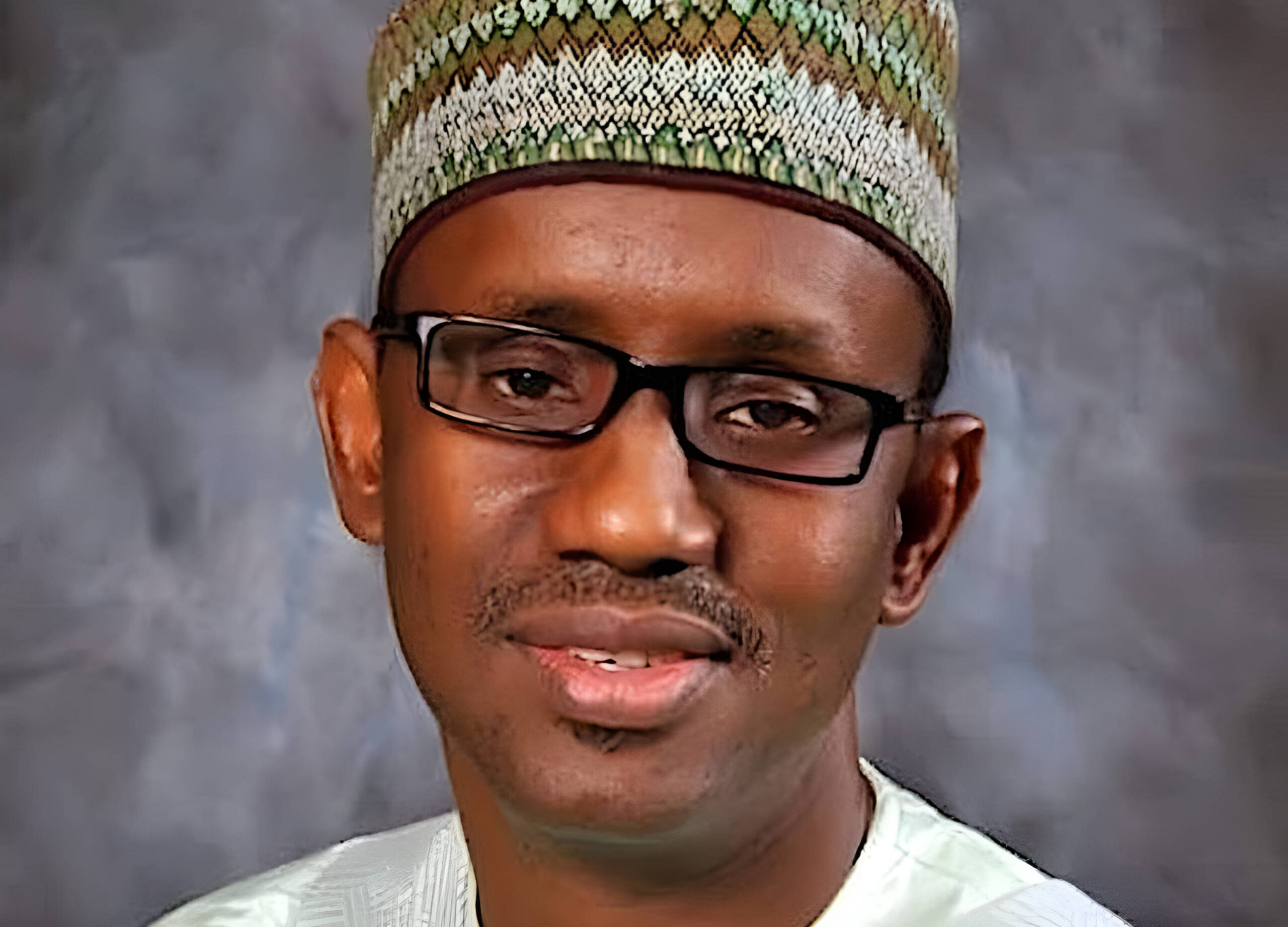Net Worth & Profile
Meet Nuhu Ribadu: First Nigeria’s National Security Adviser From Non-Military Background Since 1999
President Bola Tinubu appointed Mallam Nuhu Ribadu as National Security Adviser on June 9, 2023, the first without military background

Nuhu Ribadu Nigeria’s New National Security Adviser.
President Bola Tinubu appointed Mallam Nuhu Ribadu as National Security Adviser on June 9, 2023, the first without military background since the return to democratic governance in 1999.
The announcement by the Office of Secretary to the Government of the Federal (OSGF) signed by the Director of Information, Mr. Willie Bassey, put to rest the speculations that the president might consider a non-military person for the position.
The newly-appointed National Security Adviser (NSA), Nuhu Ribadu, was born in Yola, Adamawa State, on 21 November 1960.
The name Nuhu Ribadu has become a household name in Nigeria and beyond on account of his glorious public service record and personal integrity. A trained lawyer and fearless crime fighter, Mr. Ribadu have carved a niche for himself as someone who is patriotic, passionate, honest, courageous, and compassionate.
However, in this article, RNN has provided you with the profile of Nigeria’s New National Security Adviser.
Early life
The New Nigeria’s National Security Adviser, Nuhu Ribadu was born on 21 November 1960 in Yola. He attended Mustapha Primary School from 1966 to 1973 in Adamawa and Yelwa Government Secondary School, Yola from 1973 to 1978; College of Preliminary Studies, Yola from 1978 to 1980.
Ribadu studied law at Ahmadu Bello University in Zaria, Kaduna State from 1980 until 1983, receiving a Bachelor of Laws degree. Following a year at the Nigerian Law School, he was called to Bar in 1984. He also earned a Master of Laws degree from the same university.
Police Career
Ribadu joined the Nigerian Police Force shortly after graduation and held the positions of Assistant Superintendent of Police, Nigeria Police Force, January 1, 1986; Divisional Crime Officer for Ajegunle, Mushin, Apapa from 1990 to 1997; Force CID. AIagbon Close, Ugos; dep. Superintendent of Police, 1992; Superintendent of Police, 1995; Chief Superintendent of Police, 1998; asst comm. of Police, 2002; Head, Ugal and Prosecution Department, NPF.
Anti-corruption and the EFCC
In 2003, the Nigerian president, Olusegun Obasanjo, appointed him to the chairmanship of the EFCC and reappointed him in 2007, as well as promoted him to the position of Assistant Inspector General of Police.
The promotion on 9 April 2007, three weeks before newly elected President Umaru Yar’Adua was sworn-in, was later challenged on the basis that it was “illegal, unconstitutional, null and void, and of no legal effect.”In December 2007, Mike Okiro, Inspector-General of Police, stated that Ribadu would be removed as EFCC chairman for a one-year training course.
On 20 October 2006, Nuhu Ribadu told the BBC that over 380 billion dollars had been stolen or wasted by Nigerian governments since independence in 1960. Under Ribadu’s administration, the EFCC charged prominent bankers, former State governors, ministers, Senators, high-ranking political party members, commissioners of Police, and advance fee fraud (“419”) gang operators.
The EFCC issued thousands of indictments and achieved about 270 convictions. One notable case was that of his boss, the then Inspector-General of the Nigerian Police Force, Tafa Balogun, who was convicted, jailed, and made to return £150 million under a plea bargain.
During the course of his duty Ribadu was offered bribes to pervert the course of justice, amongst these was a State governor who offered Ribadu $15 million and a house abroad. Interviewed from Washington D.C. on the BBC’s Hardtalk program, Ribadu said that he took the money and used the bribe as evidence to prosecute the state governor.
This claim has however been refuted by the ex-governor who noted that the fact that Ribadu put the money in the CBN is not proof that he gave the money. Ribadu escaped two assassination attempts in Nigeria before he left the country for the United Kingdom in early 2009.
In December 2007, Inspector-General of Police Mike Okiro ordered that Ribadu be temporarily removed from the position of EFCC chairman and ordered him to attend the National Institute of Policy and Strategic Studies (NIPSS) in Kuru, Jos, Plateau State for a mandatory one-year course.
The decision was criticized by, among others, Nobel Laureate Wole Soyinka, House of Representatives members, and All Nigeria Peoples Party (ANPP) national chairman Edwin Ume-Ezeoke as politically motivated and/or likely to set back the fight against corruption.
On 22 December 2008, as widely predicted, he was dismissed from the Nigerian Police force by the Nigerian Police Service Commission (PSC). He left Nigeria and in April assumed a fellowship at the Center for Global Development.
Political career
Nuhu Ribadu lived in exile until 2010 when he returned to Nigeria and declared his intention to run for President of Nigeria under the platform of the Action Congress of Nigeria (ACN). On Friday, 14 January 2011, Nuhu Ribadu was adopted as the presidential candidate of the ACN.
In August 2014, he defected to the ruling party PDP with the intention to run for the Governorship of Adamawa State, Nigeria. He later joined the ruling APC and contested for the governorship of Adamawa in 2019 and 2023, he became a close confidant of Bola Tinubu during the presidential campaign.
Ribadu was appointed by President Bola Tinubu as National Security Adviser on 19 June 2023.
FAQs
Who is Nuhu Ribadu?
He is the newly appointed National Security Adviser
Which state is Ribadu from?
Adamawa State
Who was the pioneer chairman of the EFCC?
Mallam Nuhu Ribadu
More Related Articles on RNN
Meet The New Chief Of Air Staff Hassan Bala Abubakar
Full List of Service Chiefs President Tinubu Has Sack
President Tinubu sacks Service Chiefs, and others; Makes fresh appointments
BREAKING: Tinubu Appoints Special Advisers
